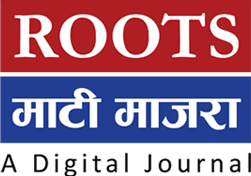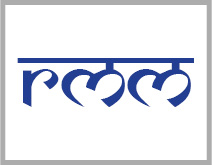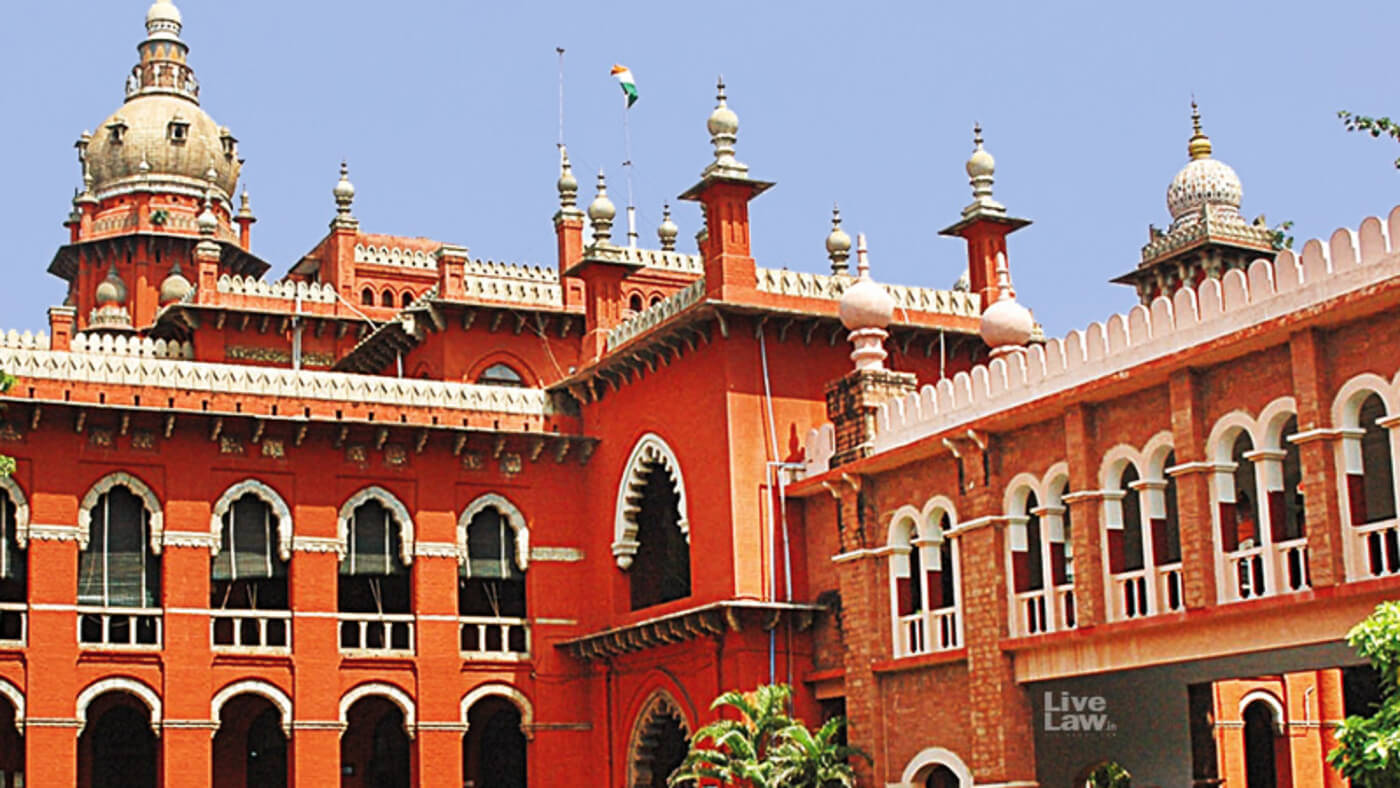The top court in southern Indian Tamil Nadu state has ruled that persons marrying under the Christian personal law should be considered to have converted to Christianity and abandoned their eligibility for caste-based social benefits.
The ruling came in a case seeking the court’s order to disqualify the “illegal” election victory of a lower caste woman to a local body seat that is reserved for lower caste people, officially referred to as Scheduled Castes.
The petitioner, V. Iyyappan, argued that V. Amutha Rani had married a Catholic in a Catholic parish following the stipulations of the Indian Christian Marriage Act and so had no legal right to claim membership in the Scheduled Caste.
Justice L. Victoria Gowri, sitting on a single bench of the Madurai Bench of the Madras High Court, accepted the arguments of the petitioner, who wanted the court to direct district officials to declare Rani’s election void.
Supreme Court lawyer M P Raju said the “judgment appears to be flawed and against the established law and its interpretations.”
I allow this Writ Petition,” the judge said, adding that Rani has “renounced her socio-cultural identity” as a lower caste Hindu Pallan by voluntarily solemnizing her marriage under the Indian Christian Marriage Act, 1872.
Legal experts say that in Indian legal terminology, allowing a writ petition means the court has granted the relief sought by the petitioner and is directing the action requested by the petitioner.
Rani, through her lawyers, argued she has never been baptized as a Christian, and married in a Catholic Church as a non-Christian. They also argued that the Catholic Church’s laws allow marriage between a Catholic and a non-Christian inside the Church.
The court examined Church records through the parish priests to establish that the marriage registration procedure followed was that of a Catholic man and woman, and their two children were baptized as Catholics in a different parish.
The petitioner argued that “it is a settled position of law that once a person converts to any religion other than Hinduism, Sikhism, and Buddhism, he or she cannot claim the benefits of reservation given for the Scheduled Caste community.”
The court’s 54-page elaborate order, released to the media May 14, said Rani “cannot blow hot and cold, claiming to be a Scheduled Caste for the purpose of public employment.”
Supreme Court lawyer M. P. Raju said the “judgment appears to be flawed and against the established law and its interpretations.”
“The reasoning laid out in the judgment also appears to be fallacious,” Raju told UCA News May 21.
Indian laws allow the respondent to appeal the judgment to a higher bench of the same court.
The court order stems from a 1950 government order that reserved social benefits intended for lower caste people to Hindus and those following Indian religions, viewing the caste system as a reality of Hinduism.
The social benefits include reserved seats for lower-caste individuals in parliament, village councils, and for higher education and government employment.
Christians and Muslims of lower caste origin are excluded from these benefits, saying their religions do not follow the caste system.
“It is a harsh reality that people of India are discriminated against based on their religion, even though our constitution does not discriminate against anyone based on their religion,” said Father A Santhanam.
The Jesuit priest, a practicing lawyer in the High Court, told UCA News on May 16 that Christian groups have been fighting in the past 75 years to end this discrimination against “Christians and Muslims in the country.”
When successive governments failed to end the discrimination, two decades ago, Christian leaders petitioned the Supreme Court, arguing that a change of religion does not alter the socio-economic situation of people.
In October 2022, Prime Minister Narendra Modi appointed a three-member panel to examine the implications of extending benefits to Christians of lower caste origin, following the court’s request for the government’s view on the issue.
The hearing is halted again due to the panel’s failure to submit its report to the government.
Out of India’s 1.4 billion people, 201 million belong to the Dalit community, and nearly 60 percent of India’s 25 million Christians trace their origin to Dalit and tribal communities.




